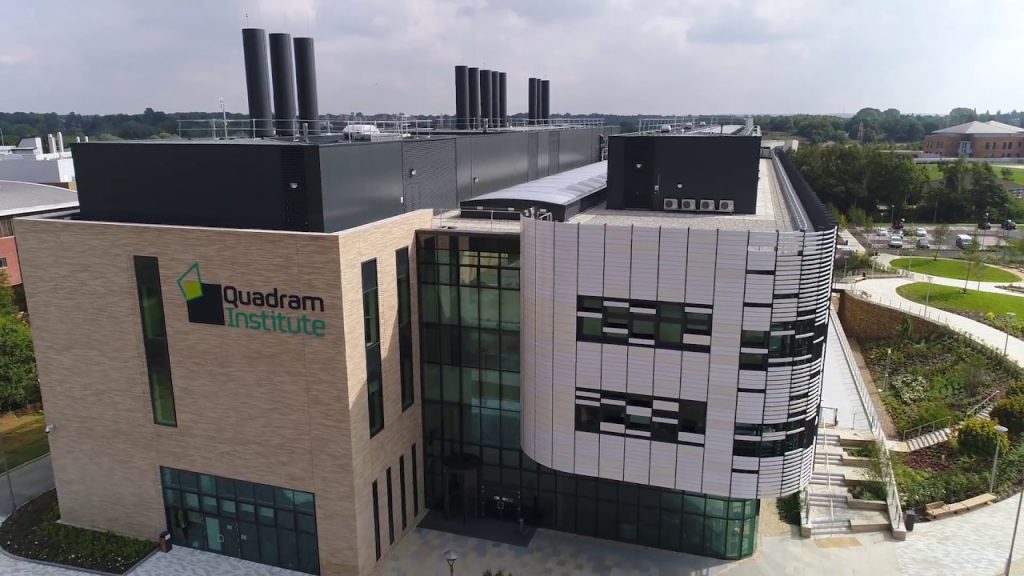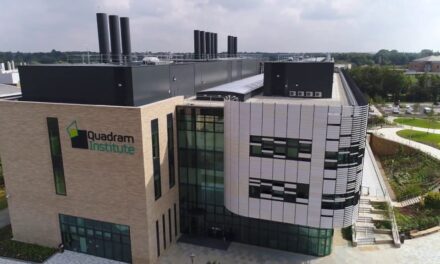Food Databanks in Amman Jordan for Workshop with World Health Organization
Food Databanks National Capability, in collaboration with World Health Organization (WHO), are leading a workshop this week in Amman, Jordan on the standardisation and update of food composition tables. This is the final meeting of an MRC GCRF project ‘Capacity building in dietary monitoring and public health nutrition in the Eastern Mediterranean Region (EMR)’, the project enabling the development of more comprehensive, standardised regional food composition data and tools which will underpin World Health Organization (WHO) food and nutrition policies, regulatory measures and dietary monitoring in the area.

Over the past 12 months Food Databanks have helped food composition scientists from across the region produce high quality food composition data that are representative of national food habits and consumption patterns, this data is being generated according to international guidelines, and therefore comparable and reliable. We have achieved this via a number of international training workshops. This final workshop, attended by food composition compilers from 12 countries (Bahrain, Egypt, Iran, Jordan, Kuwait, Lebanon, Morocco, Oman, Pakistan, Saudi Arabia, Sudan and Tunisia) summarised the improvements and progress of the regional food composition data sets and how this data may be used as part of WHO policy to reduce sugar and fat intake across the Eastern Mediterranean Region (EMR).
During the meeting, Dr Ahmed Al-Mandhari (Regional Director) and Dr Ayoub Al-Jawaldeh (Regional Advisor Nutrition) WHO Eastern Mediterranean Region, highlighted that 60% of deaths in the EMR are attributed to non-communicable diseases and the region suffers from obesity, high salt, sugar and fat intake. Through sound and committed national, regional and international efforts in policy, actions, governance, monitoring and evaluation, the burden of NCDs in the Region could be controlled. For that to happen, food policy makers must have access to detailed and reliable food composition data which leads to the improvement of food consumption tables.
WHO EMRO invited expert, Professor Michael Rayner (University of Oxford) presented on nutritional labelling and nutrient profiling methods, aimed at improving diets in the region, which can start to be implemented based on the new and improved food composition data being generated in these countries.
Funding: Medical Research Council Global Challenges Research Fund (MR/R019576/1)











